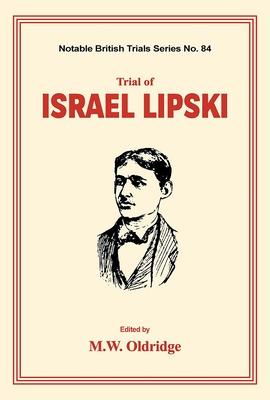The 1887 murder of Miriam Angel dragged the spotlight away from Queen Victoria's jubilee, and threw it upon one of the poorest areas in London's East End. Something had happened in Miriam's little room in a Batty Street tenement which contrasted starkly with the celebratory mood of the nation, and, whatever it was, it defied easy explanation. Israel Lipski, her upstairs neighbour, had been discovered hiding beneath the bed on which the body lay. She had been physically assaulted and extensively burned with acid; he had swallowed a little acid - too little to do much harm - and, when restored to consciousness, had a strange story to tell about a murderous conspiracy enacted by two of his new employees. It was left to a jury at the Central Criminal Court, under the uncertain direction of Mr Justice James Fitzjames Stephen, to filter the truth from this strange array of circumstances. With the single exception of his own account of what had taken place, the evidence loomed over Lipski - it was his acid, bought from a shop earlier that morning; the door to Miriam's room had been locked from the inside; his employees knew little of him, and nothing of her. And yet, doubts lingered in some quarters. Perhaps Lipski had told the truth, and, if he had, trial by due process would find itself pressed for authority by an upstart competitor - trial by journalism. This book reproduces the testimony given at the trial, together with an introduction, a chronology and appendices. After 130 years, can Lipski's mystery be resolved?
Official Notable British Trials series volume 84.
